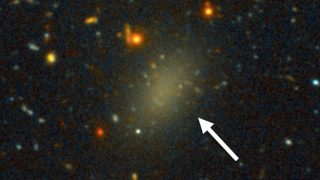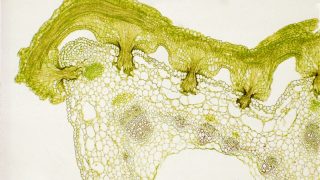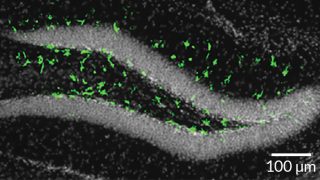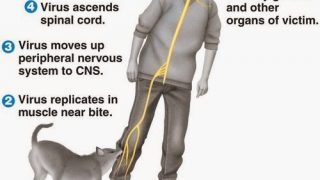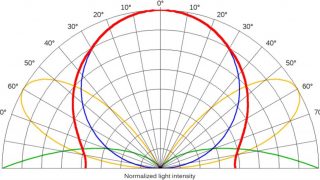
To know the dark
Some weeks ago I came across a little poem via Twitter (ah, the modern world!). It was authored by Wendell Berry, an american writer and farmer very involved in ecologic farming activism. Let’s meet the poem: To go in the dark with a light is to know the light. To know the dark, go dark […]



